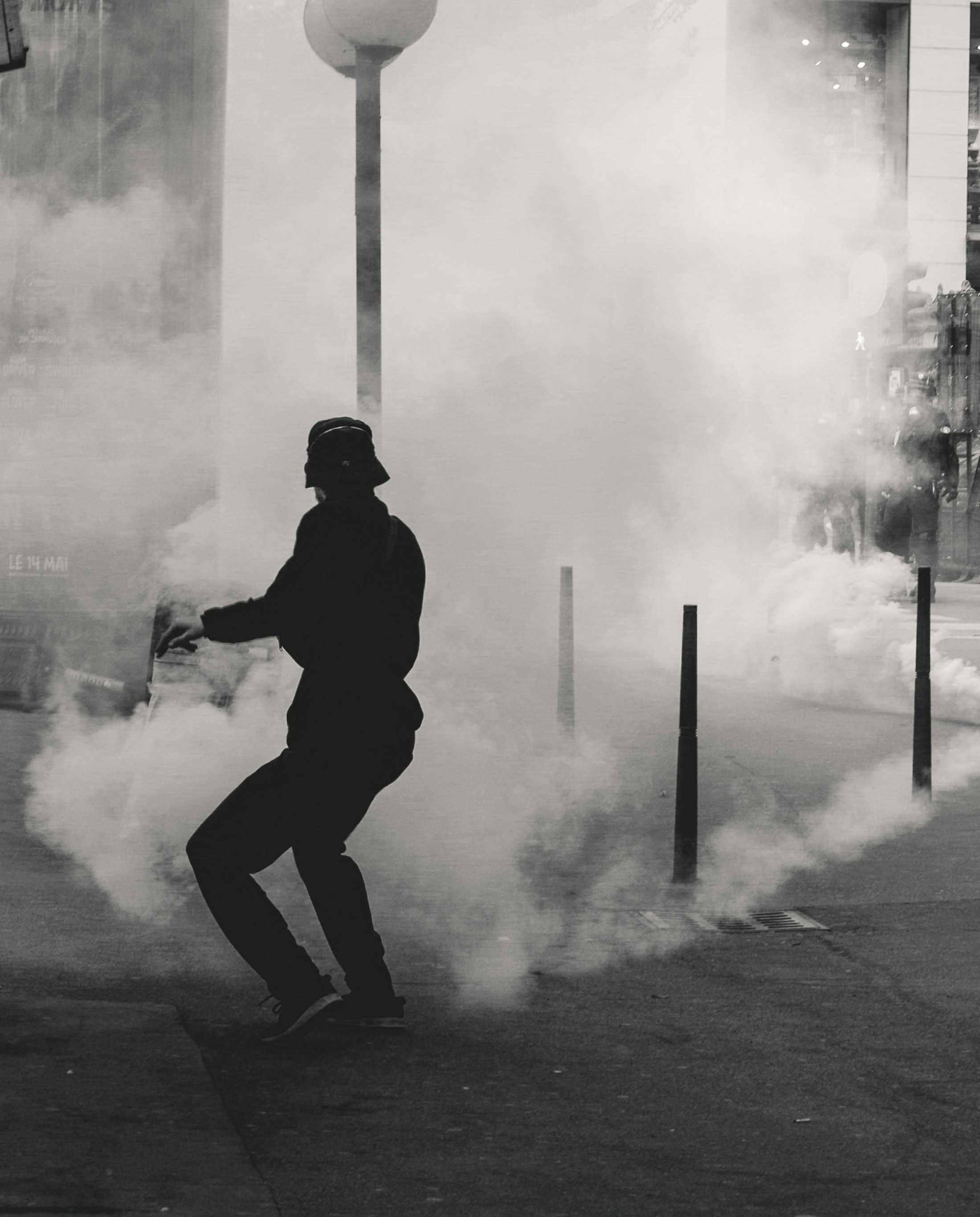Menu
Here is a synopsis of our Political Riots Narrative Intelligence brief.

This Political Riots narrative is driven by 36 sources in the Central & South America Media module, amplifying 150 narrative items.
This is the Political Riots narrative, driven by 36 sources in Central & South America Media, amplifying 150 narrative items relating to the narrative of escalating political tensions and civil unrest across various nations. These narratives highlight the struggles against authoritarian regimes, the fight for democratic rights, and the impact of political actions on societal divisions, emphasizing the interconnectedness of resistance movements and governmental repression.
Guinea-Bissau, a small West African nation, faces significant political instability, exacerbated by deep-seated corruption and a history of military coups. The demographic landscape is characterized by a youthful population, with over 60% under the age of 25, which fuels social unrest and demands for accountability. The recent tensions between the pro-regime group Firkidja di Povo and the opposition Frente Popular highlight the societal divisions and the struggle for political power. Economic challenges, including reliance on cashew nut exports and limited infrastructure, further complicate governance and social cohesion.
In Nicaragua, the government’s use of virtual trials raises serious concerns about due process and human rights. The political climate is marked by repression, with significant numbers of political prisoners and a lack of free expression. The demographic context includes a population that is increasingly disillusioned with the ruling regime, as evidenced by the grassroots movements led by opposition figures like Mara Corina Machado.
In Venezuela, the political landscape is similarly fraught, with President Nicolás Maduro facing mounting opposition despite his claims of a peaceful electoral process. The country grapples with a humanitarian crisis, driven by economic collapse and mass emigration, which has left millions without basic necessities. The political repression, including the arrest of opposition members, reflects a broader strategy to maintain control amid growing dissent.
Geographically, both Nicaragua and Venezuela are strategically located in the Americas, with implications for regional security and U.S. foreign policy. The ongoing conflicts in these nations pose challenges not only for their citizens but also for neighboring countries, as instability can lead to increased migration and cross-border tensions.
Our Kudzu Narrative Intelligence brief auto-updates every few hours with fresh analysis:
Note: Kudzu Narrative Intelligence briefs update every few hours. Very likely, the Narrative Analysis above will have changed as well.